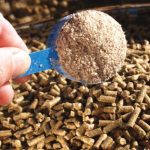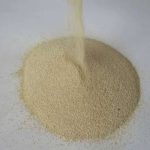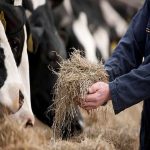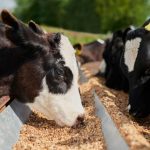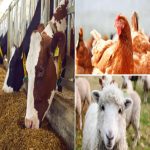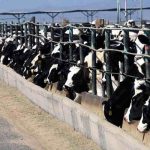As global demand for protein rises, so does the need for sustainable options in animal feed. Traditional sources like soybean meal and fishmeal are costly and often environmentally taxing. That’s why many feed producers are turning to alternative proteins to craft more eco-friendly animal feed formulas.
Ingredients such as insect meal, algae, and yeast culture are emerging as powerful protein sources in modern animal feed. They’re renewable, require less land and water, and often provide superior digestibility.
For example, animal feed for poultry that uses black soldier fly larvae has been shown to improve feed efficiency while reducing ammonia emissions. In pig farming, animal feed with fermented soybean meal helps improve gut health and minimize feed waste.
These innovations aren’t just trendy—they’re practical. Feed mills that adopt low-impact animal feed ingredients are seeing increased demand from environmentally conscious farms and regulatory bodies focused on sustainability.
As agriculture evolves, the shift toward alternative-protein animal feed is becoming not only inevitable but also profitable. It’s the future of sustainable livestock nutrition.
 Animal Feed Yeast-Yeast culture manufacturers
Animal Feed Yeast-Yeast culture manufacturers
